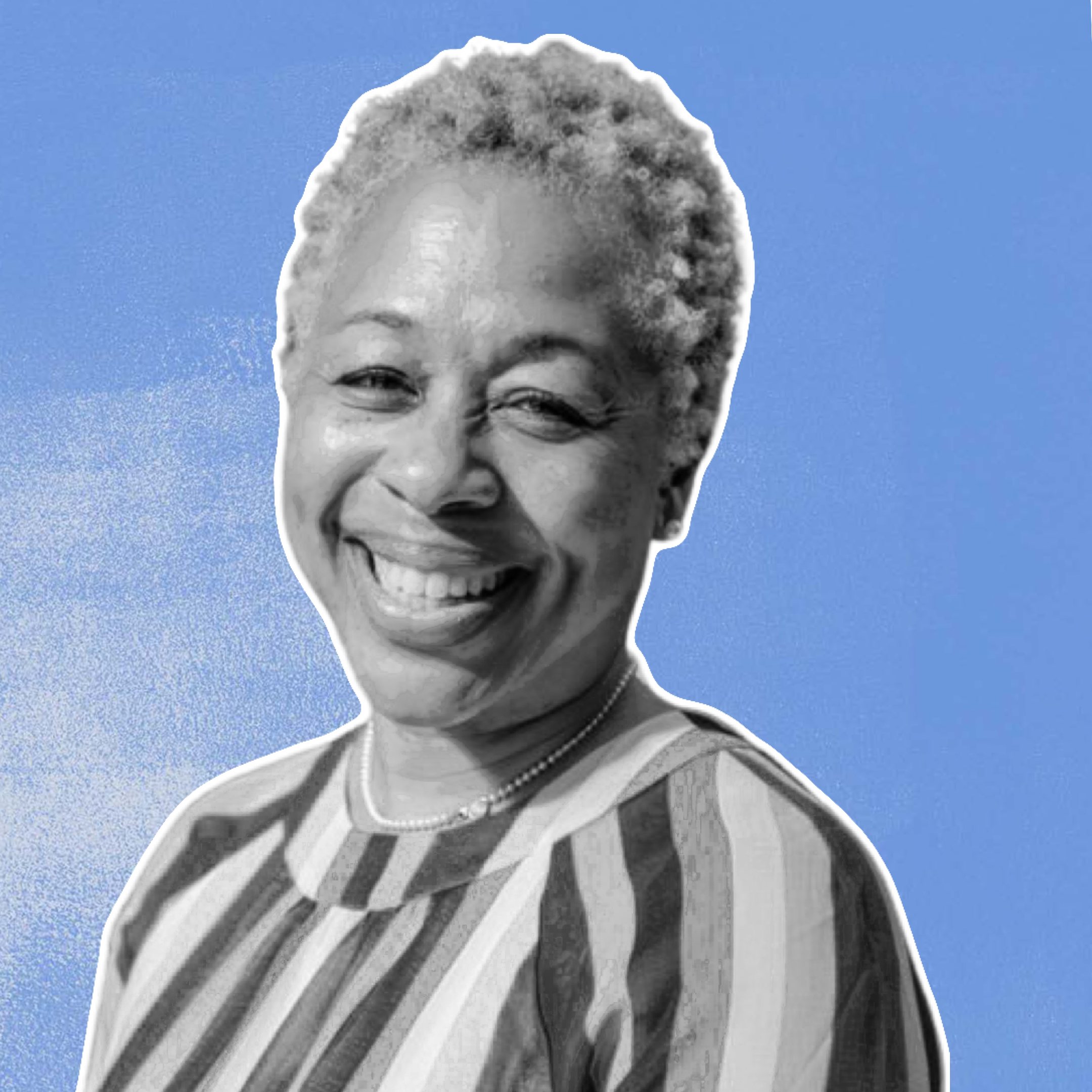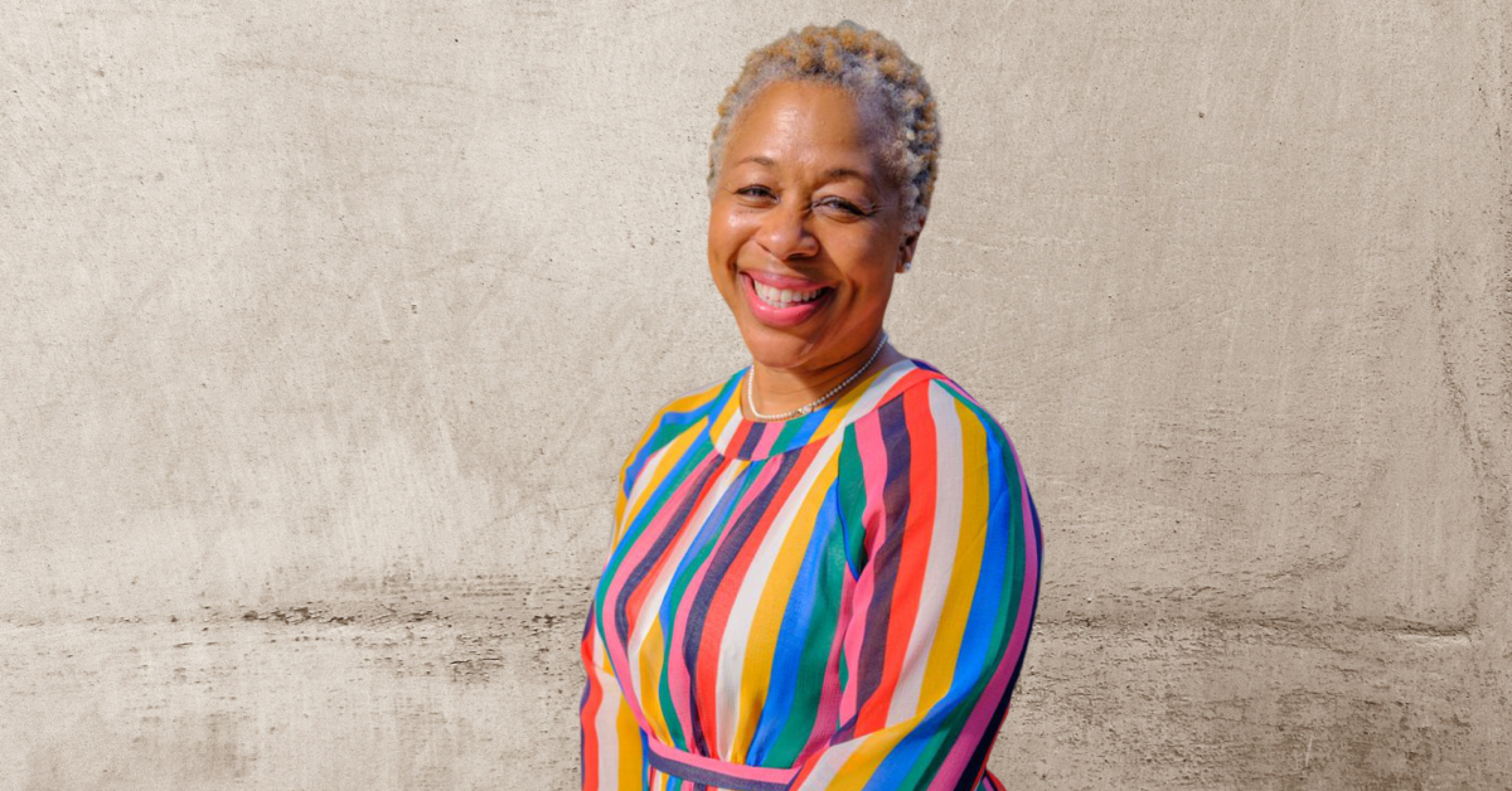
Jamie McCrary
In today’s business environment, diversity, equity, and inclusion (DEI) is a core practice driving cultural change—and business success. A recent study by McKinsey & Company revealed companies in the top quartile for ethnic and cultural diversity are 36 percent more profitable than the least diverse. Businesses with high gender diversity outperform less diverse companies by nearly 50 percent.
Kogod alumna Kimberly Loving is not surprised. As a DEI-driven executive leader, Loving knows the power of diversity to drive profit—and inspire innovation.
“If there's only one homogenous group in the room, you’ll develop a limited solution,” says Loving.
Different backgrounds and schools of thought help innovate more effective outcomes.”

Kimberly Loving
Kogod Alumna
Currently, chief of human resources for the City of Seattle, Loving, works to infuse DEI into the city’s systems and processes, ensuring different communities’ needs are met.
We sat down with Loving to learn about her DEI journey from MBA to executive leader and garner advice for aspiring DEI changemakers. Read on for snippets from her story and key leadership insights.
Driving Action Through DEI
For Loving, action is core to diversity, equity, and inclusion. She aligns herself with those who live DEI through practice, not just words.
“I don’t want to support DEI through just mission or words on a website,” she says. “It was important to me to find an organization where words translated to action.”
Six years ago, Loving aligned her DEI values with the City of Seattle, joining as director of human resource operations. Now chief of human resources, she’s continued to propel DEI from concept to action. Specific initiatives include restructuring ordinances and personnel rules to consider different populations’ needs—especially underserved communities.
“I've had the privilege to with people whose jobs are to figure out how to disrupt the status quo,” she says. “We all have a responsibility as city leaders to infuse this into our work.”
Inspiring Innovation Through DEI
Loving emphasizes DEI as essential for business innovation. She believes considering different perspectives is non-negotiable for creative decision-making.
“It's a richer, more fruitful discussion,” says Loving. “DEI provides a different lens from which to view things.”
Diversity is a primary reason she moved from her hometown of Portland, Oregon, to pursue her MBA at Kogod. As a Black woman from a predominantly white state and city, she craved greater ethnic and cultural diversity.
“I didn't know what I was looking for, but I knew I wanted something different,” she says.
Loving continues to drive innovation by including those impacted by city policies in decision-making. She wants to ensure all voices are heard and considered.
In the public sector, we’re here to serve the community. Our business decisions should be representative of everybody.”

Kimberly Loving
Kogod Alumna
Building consensus through empathy
For Loving, much of DEI-driven leadership is building consensus—a skill that takes genuine empathy. Loving explains leaders must set egos aside and understand different stakeholders’ perspectives.
In her former role with the company DaVita, Loving was tasked with revamping her department’s workflows and team. She took the stance of organizational detective by interviewing senior executives to uncover opportunities and challenges.
Through empathetic listening and open communication, Loving discovered solutions that worked for multiple stakeholders—an approach she says illustrates the power of “how.”
“How something is done is often more important than what is done,” she says. “You can be right and still lose if it’s out of context.”
Loving also emphasizes the importance of vulnerability, especially for DEI. Emotional honesty helps humanize leaders and fosters openness, which is essential for change-oriented teams.
“Acknowledge you don’t have all the answers,” says Loving. “This models the behavior you’d like to see and inspire. You never know how this will show up across your team later.”
Beginning the DEI journey
Loving celebrates those beginning their own DEI journeys but cautions against taking on too much too quickly. The emotional labor can be heavy, and Loving says you’ll also need to care for yourself.
She also recommends picking your battles. DEI is a marathon, not a sprint—It’s important to bring people along long-term.
It’s important to understand people’s stories and find commonalities or interests. Making meaningful change means creating value for everyone.”

Kimberly Loving
Kogod Alumna
Most of all, Loving advises trusting your gut. Leading DEI requires tough conversations and high levels of trust—both among teams and with oneself.
“You want everybody to understand we want the same thing. We’re going to the same place—we just might have different ideas on how to get there,” says Loving.
